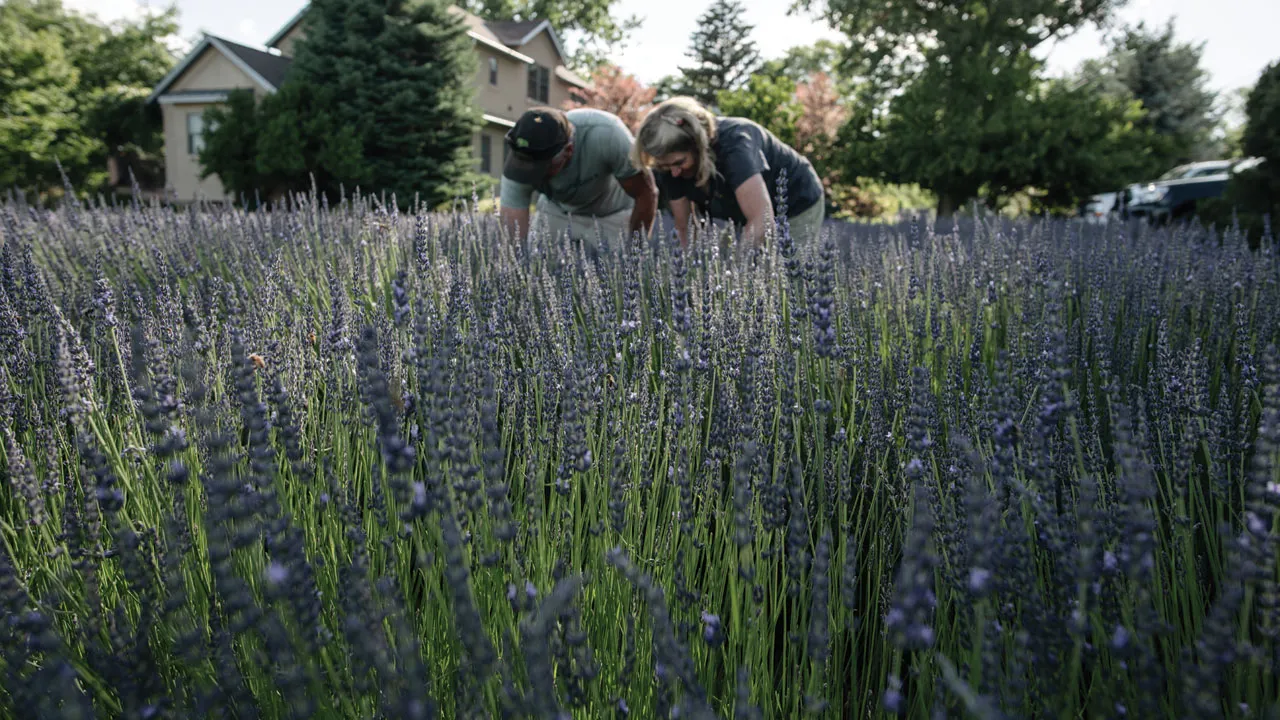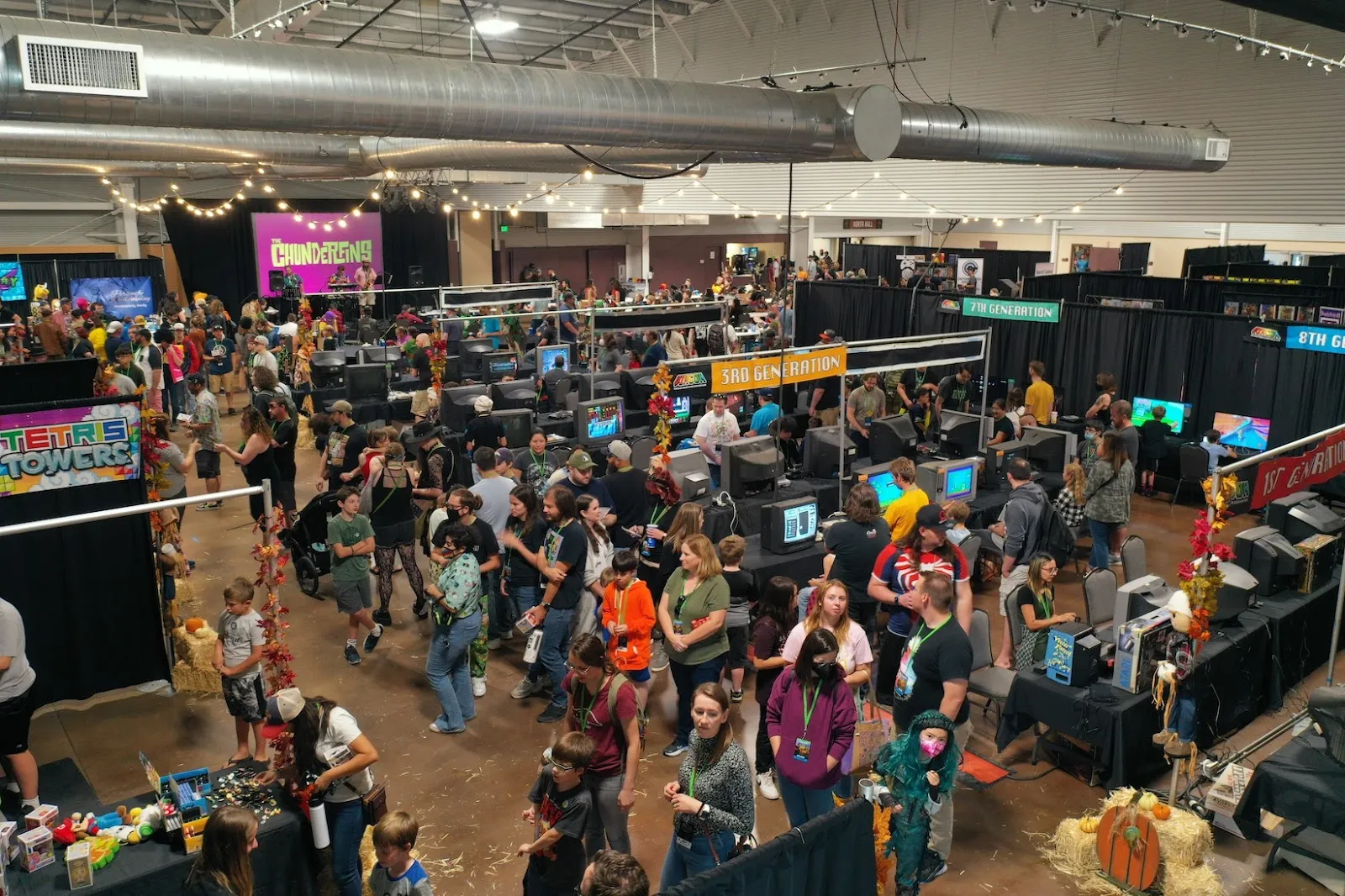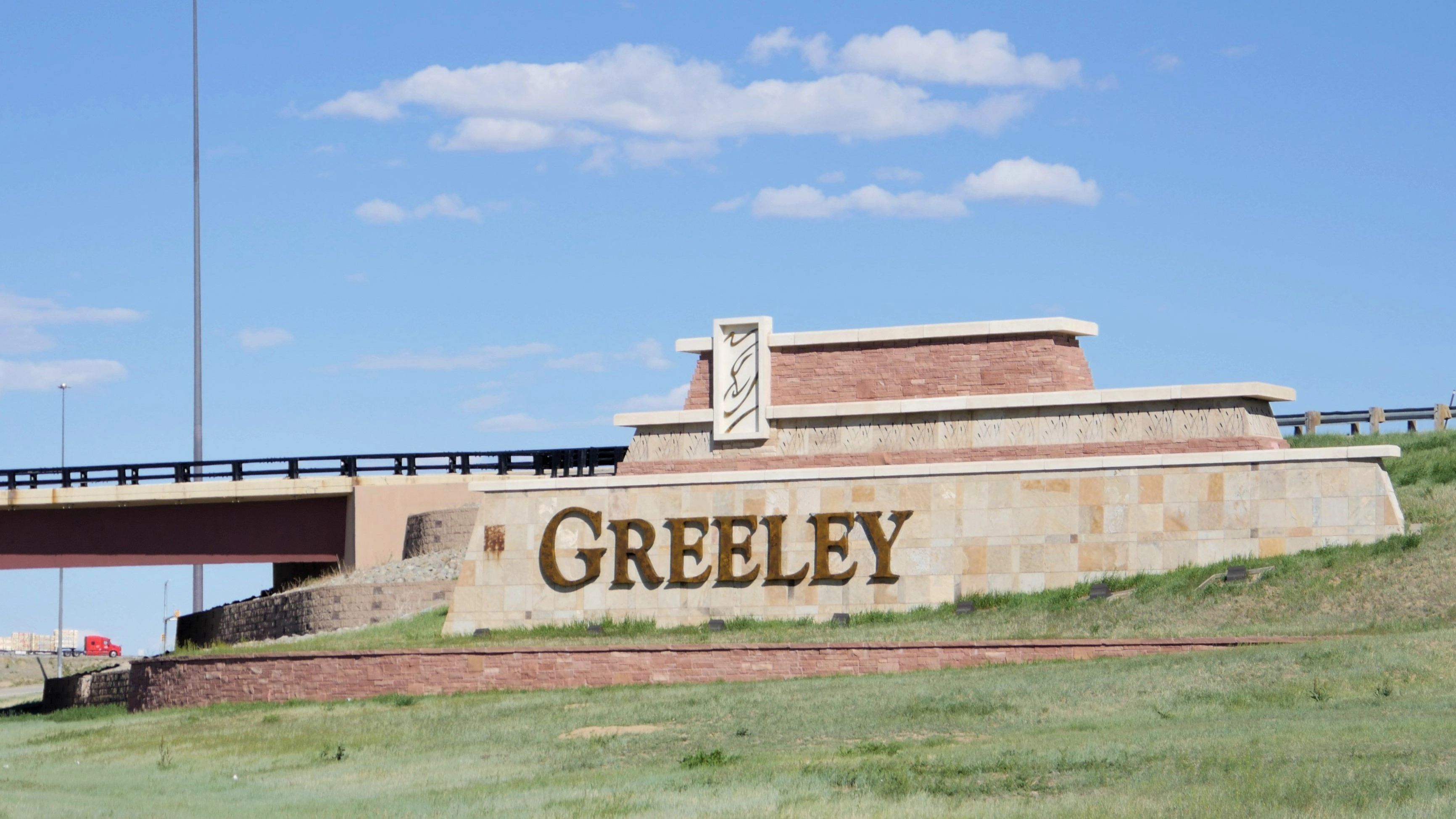Flower-growing business fares well in Colorado
Plume & Furrow supplies locally grown flowers

A flower farmer and florist sold blooms at a flower stand during COVID but wanted to get even more locally grown flowers into the hands of their customers, so in late March they opened the Local Farm-to-Florist Studio & Shop.
THIS ARTICLE IS FOR SUBSCRIBERS ONLY
Continue reading for less than $3 per week!
Get a month of award-winning local business news, trends and insights
Access award-winning content today!
Already have a paid subscription?
Sign in with GoogleSign in with Google. Opens in new tab




